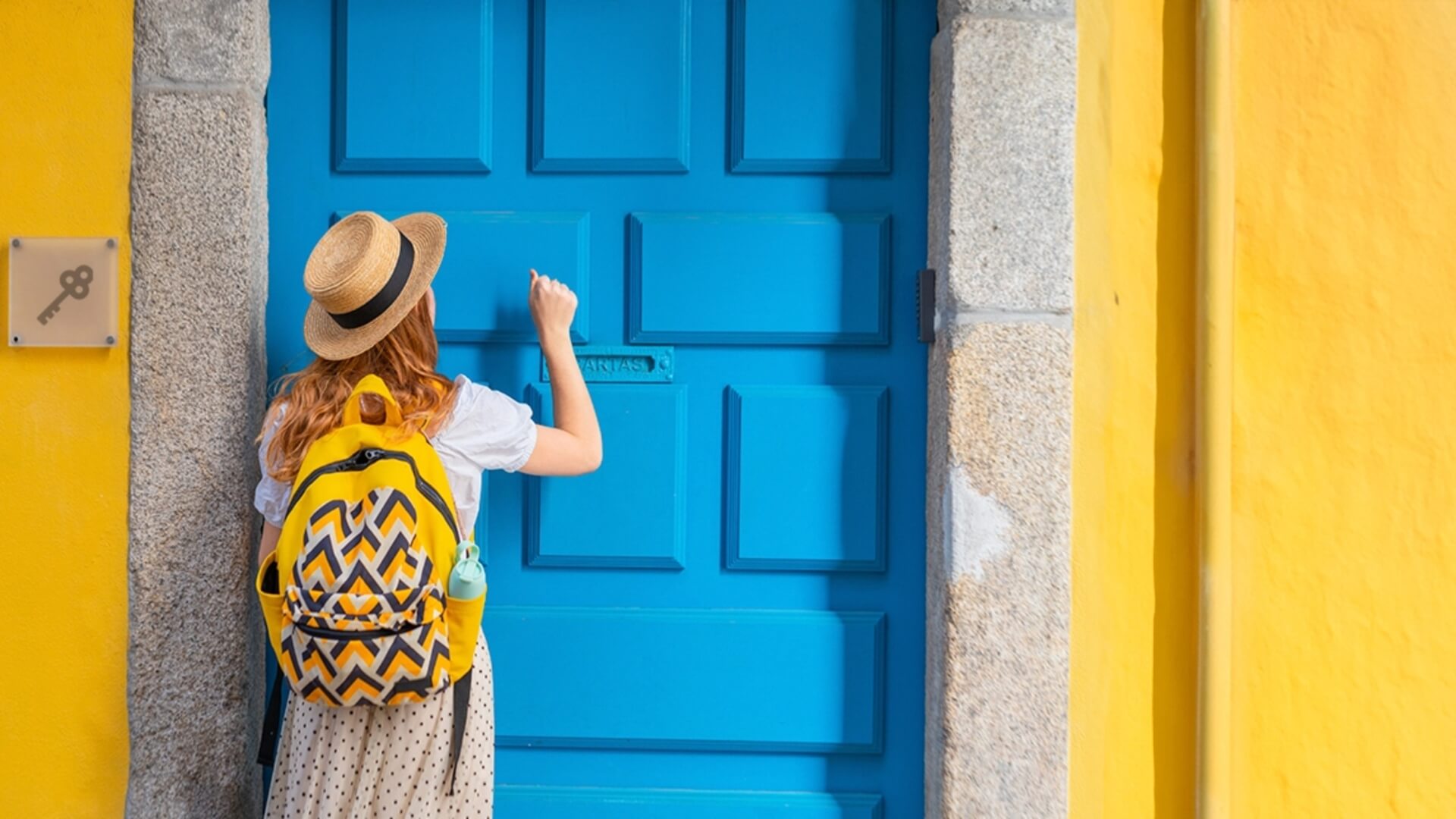Regulations surrounding short-term rentals in Spain are changing—and with them come new requirements for property owners, managers, and platforms. In this article, we provide a clear explanation of what the new Digital Single Window is, how it relates to the updated Property Registry, and what steps to take depending on the date of your rental licence.
Unique registry for short-term lets: the first step
The Spanish Royal Decree 1312/2024, which introduces the Unique Registry of Holiday Lets and the Digital Single Window, came into force on 2 January 2025. However, the obligation to register short-term rentals will apply from 1 July 2025, allowing time for companies and public administrations to adapt.
To advertise a property on platforms like Airbnb or Booking.com, it will be mandatory to have a Holiday Rental Registration Number (NRA) as of July 2025. This must be obtained via the electronic portal of the College of Registrars, either through the Property or the Movable Assets Registry.
The purpose? To provide a unified database so that platforms can later share this information with authorities through the upcoming Digital Single Window.
What is the Digital Single Window and when does it launch?
Although not yet live, the Digital Single Window is in development. It will serve as the official channel through which platforms pass on rental data—such as registration number, ownership, location, and licence status—to Spanish authorities.
A dedicated web form is being developed to support this process. However, the initial responsibility for registering each property lies with the host or managing agent.
What if my license was issued before 3 April 2024?
On 3 April 2024, a new law aimed at improving judicial efficiency came into effect, also amending Spain’s Horizontal Property Act. As a result, residential communities can now ban holiday lets with a three-fifths majority vote.
- If your rental licence was granted before 3 April, no explicit authorisation from the building’s community is required.
- If it was granted after, you’ll need prior, written approval from the community to operate.
Step-by-Step: How to obtain your holiday let Registration Number
- Visit the official website of the College of Registrars.
- Log in as a registered user or subscriber.
- Fill in the online form and submit the required documents.
You’ll need the following:
- The Unique Registry Code (CRU) for the property.
- The Cadastral Reference Number.
- The licence number issued by your regional government.
- A completed online form, available on the College of Registrars’ website.
In rural areas, additional checks may be carried out to confirm the property’s residential use.
Once submitted, you’ll receive an alphanumeric identifier which must then be included in your listings on rental platforms.
💡 Note: The process incurs a cost of approximately €33 and the registration is valid for one year, after which it must be renewed annually.
Frequently Asked Questions
- When does it become mandatory? From 1 July 2025, after a 6-month transition period.
- Which rentals are included? All holiday lets, seasonal rentals, and room rentals. Hotels, campsites and caravans are exempt.
- What happens if I miss the deadline? There is currently no sanctioning regime, and platforms are still adapting their systems. However, it’s recommended to act now to avoid delays.
- What if I operate in a region like Andalucía? Several autonomous communities, including Andalucía, have challenged the Royal Decree on grounds of devolved powers. This may affect implementation at a local level.
The Digital Single Window marks a shift toward greater transparency and formalisation in Spain’s short-term rental sector. While the system is not yet fully operational, the obligation to register and maintain accurate property data is already clear.
Taking early steps will help you stay compliant—and stay listed—on key platforms.
